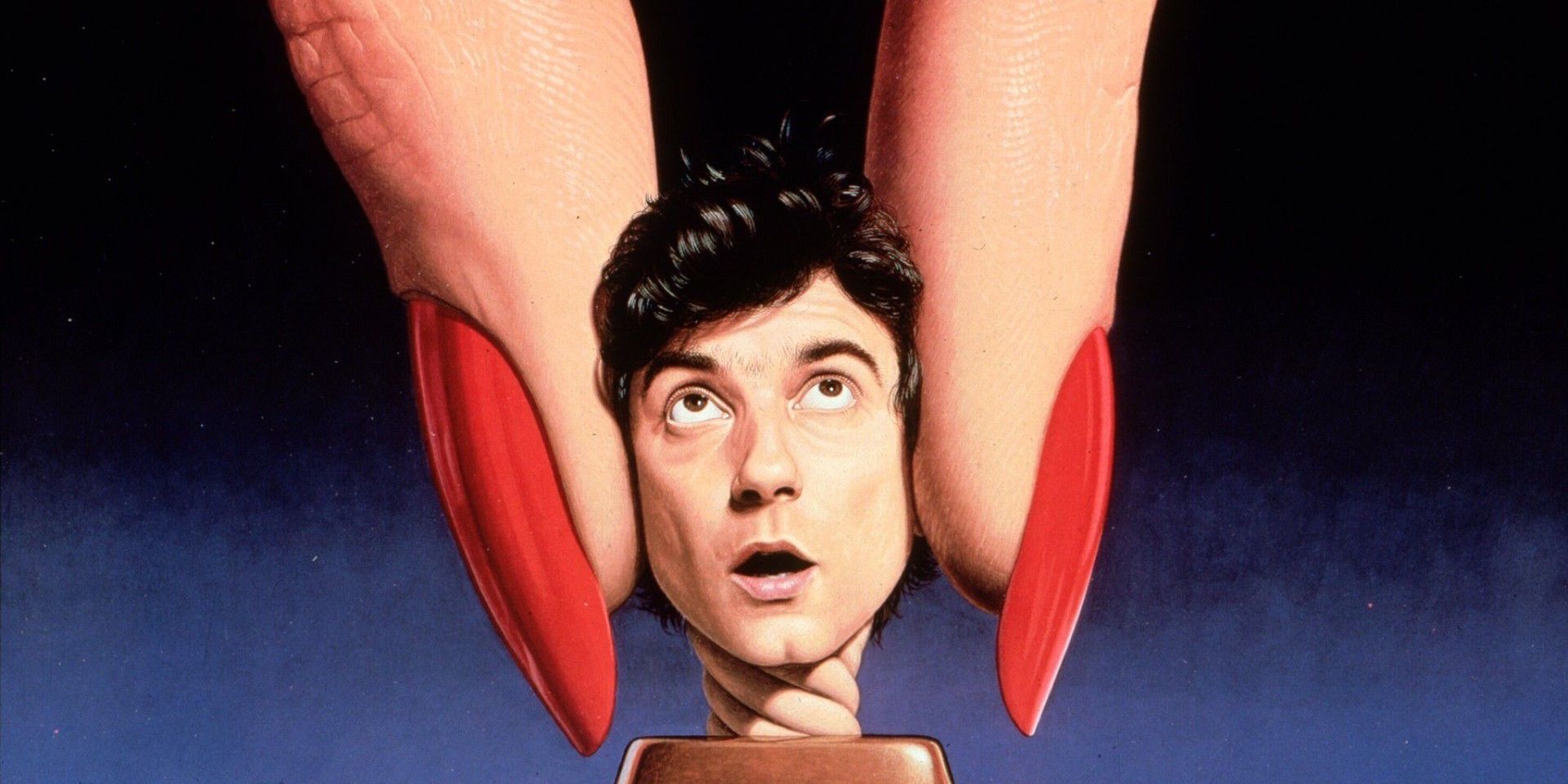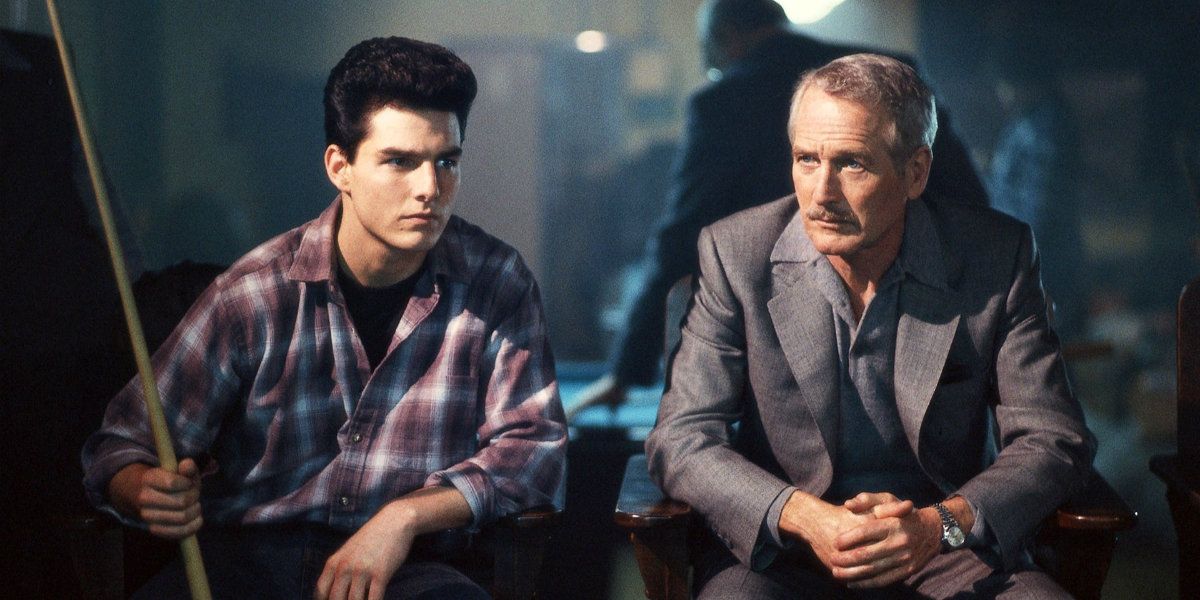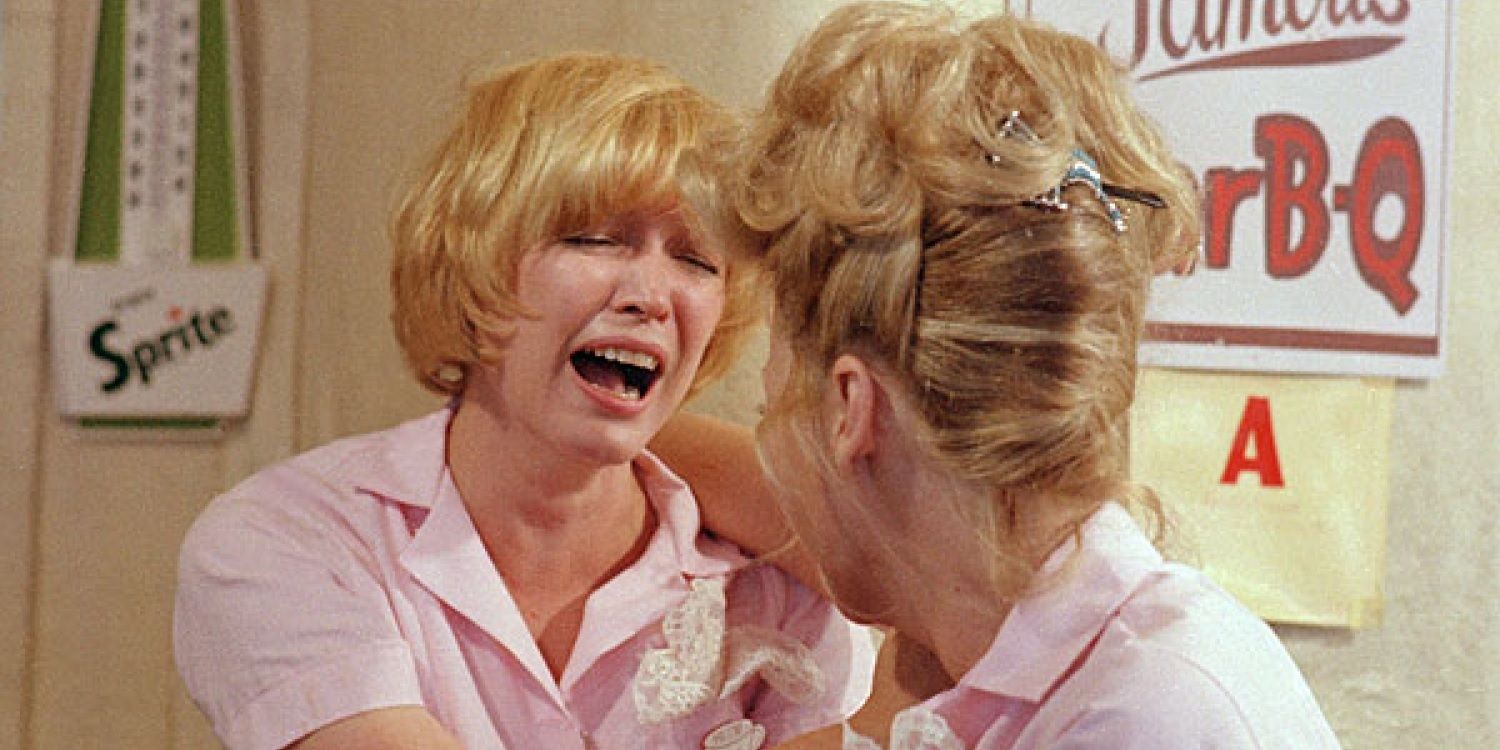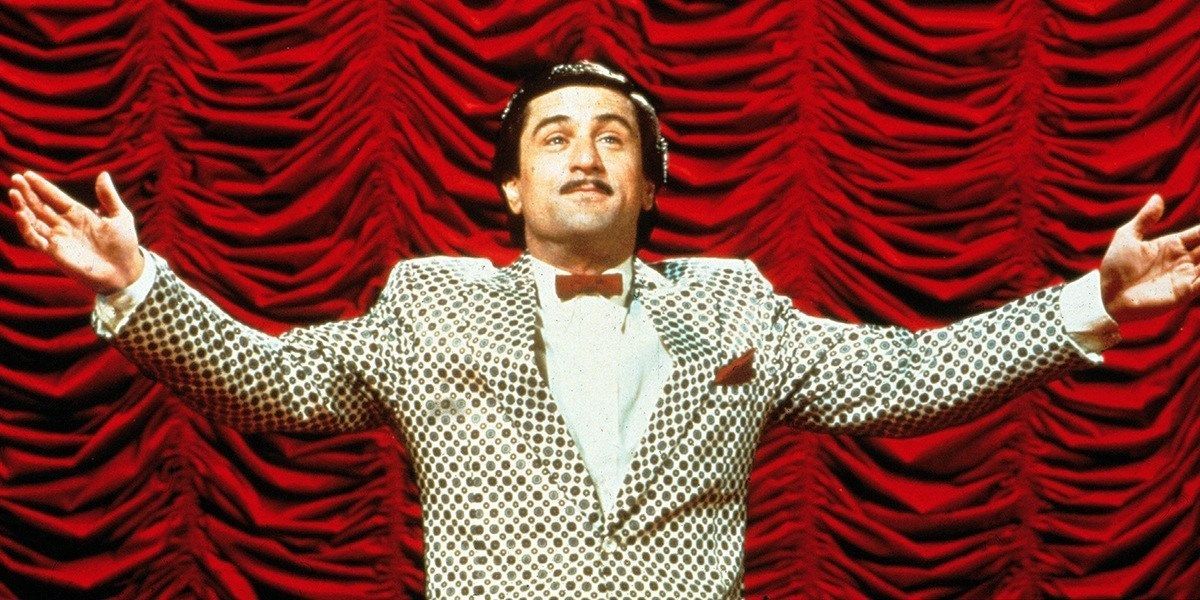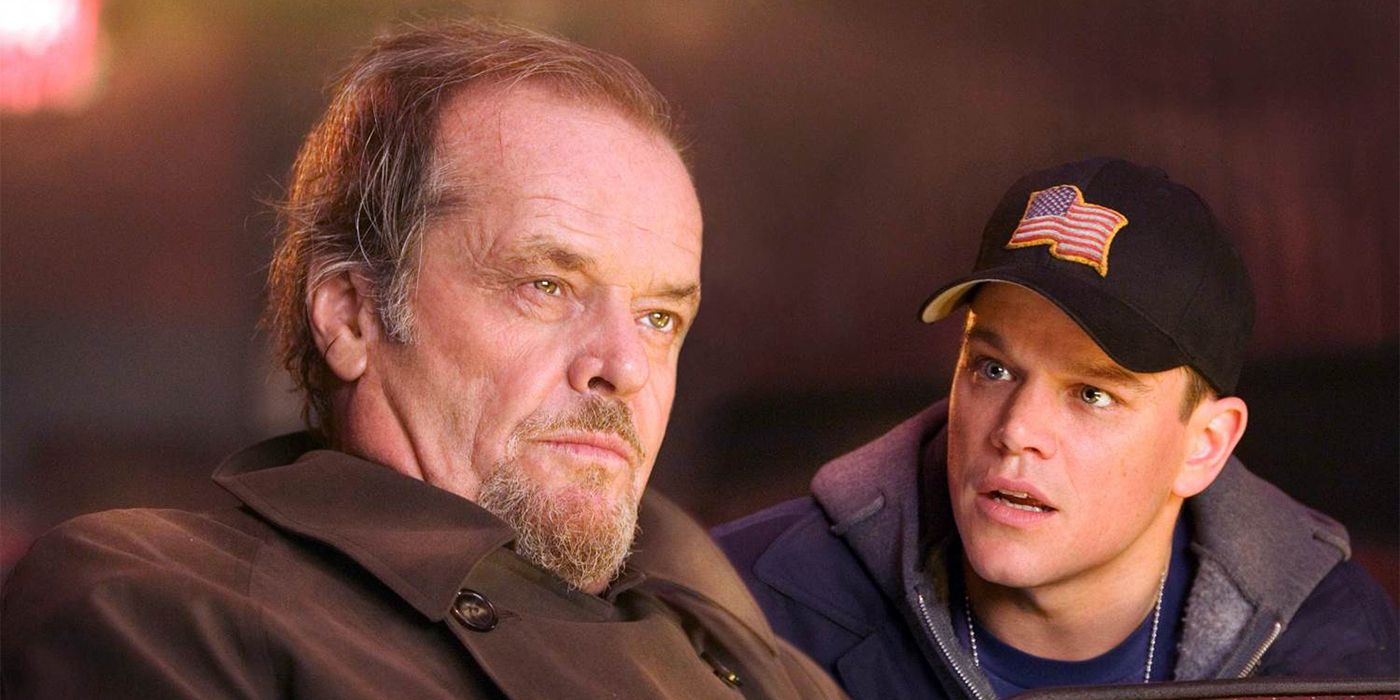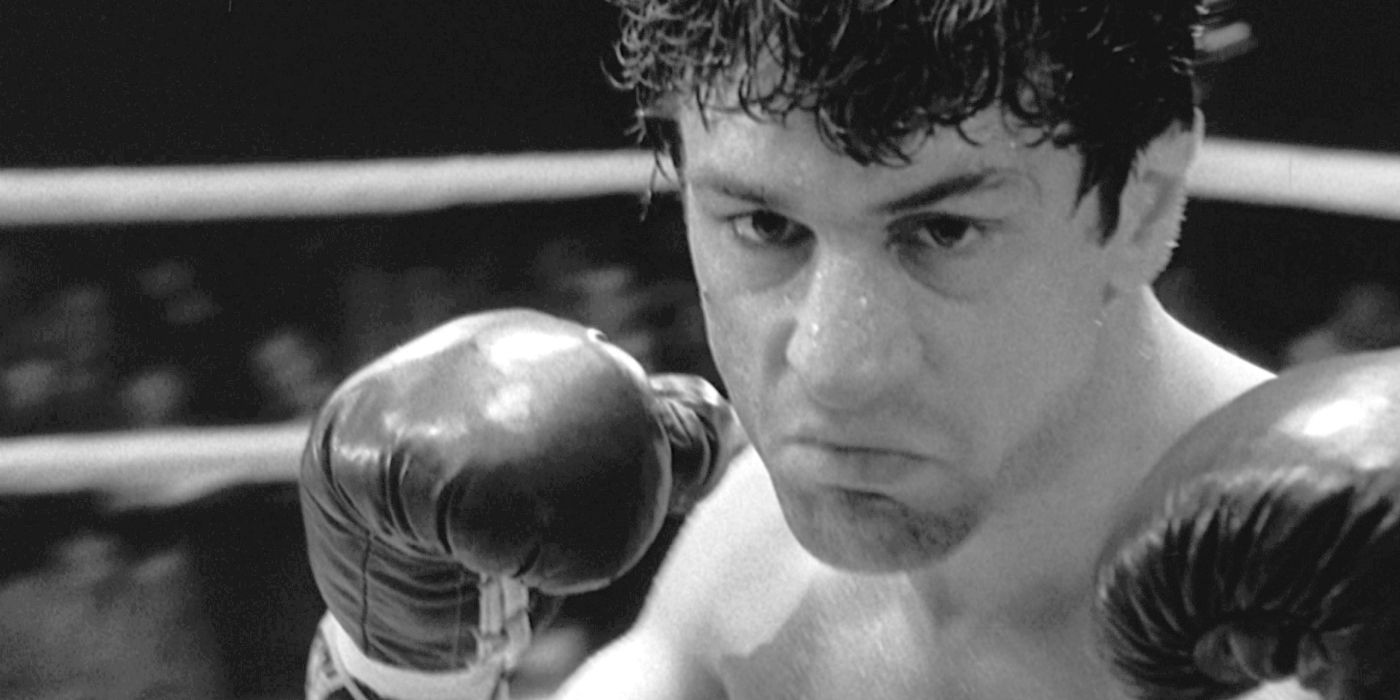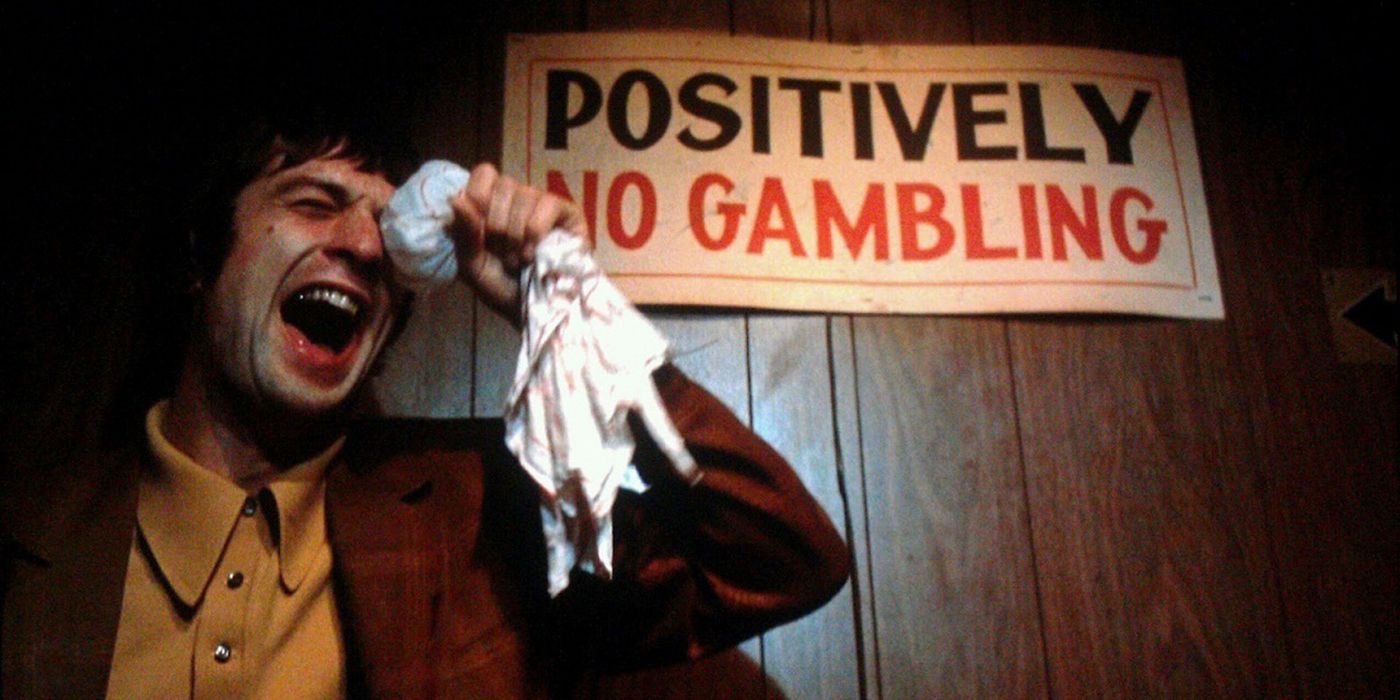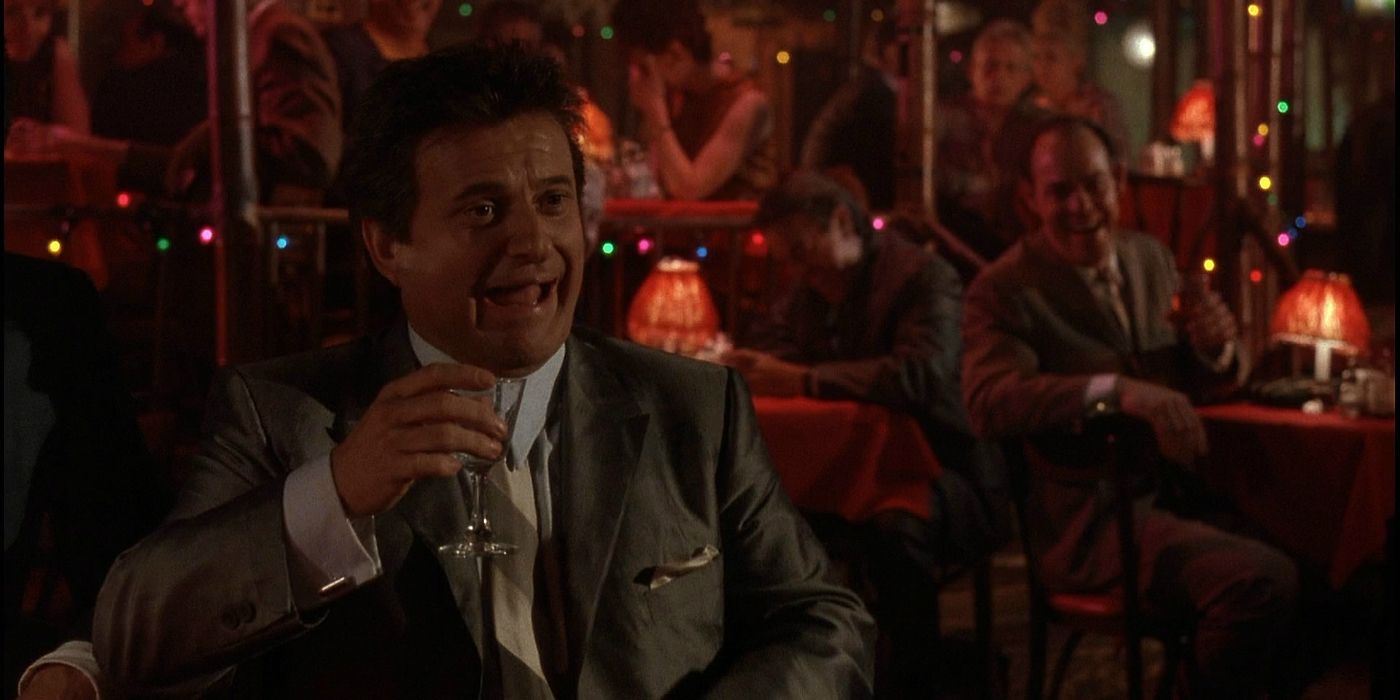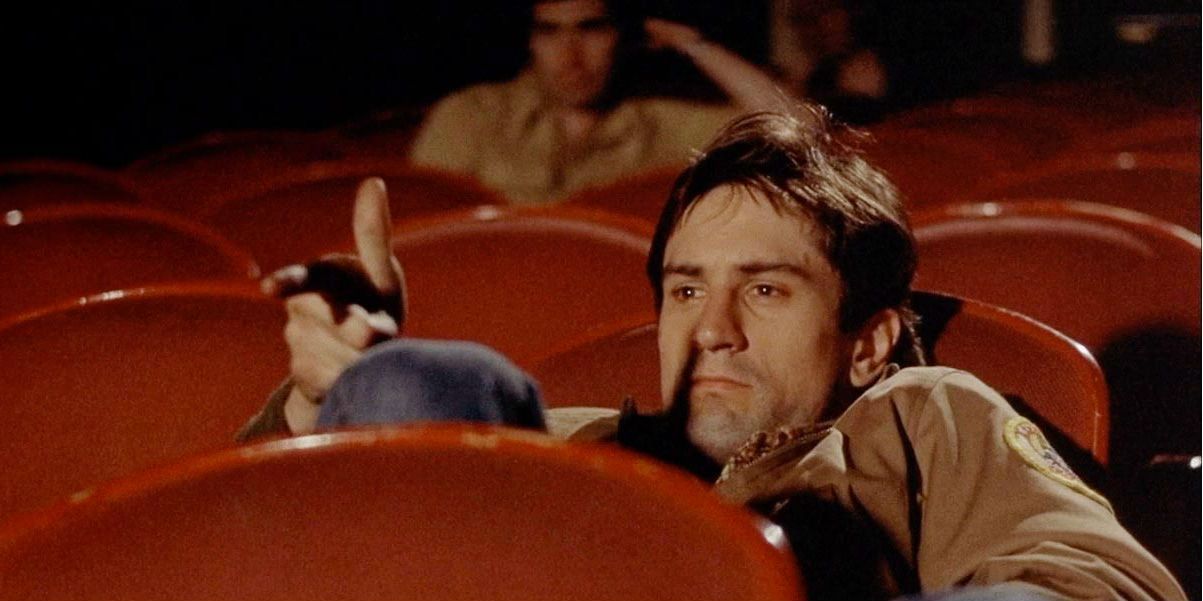For a guy whose films are consistently highly rated on Rotten Tomatoes, Martin Scorsese actually hates the site. He also hates CinemaScore, and used Darren Aronofsky’s mother! as a case in point a couple of years ago; he even wrote an op-ed about why the movie deserved a better response (and, to be fair, he’s right – it was a misunderstood masterpiece that will surely be re-evaluated in years to come).
Scorsese continues to outdo himself, so a lot of his movies are actually tied in their Rotten Tomatoes score. There are a few surprises in the ranking, including a couple of the director’s obscurer early films and one particular Oscar winner that proved to be controversial among some viewers. Here are Martin Scorsese’s 10 Best Movies, According To Rotten Tomatoes.
After Hours (88%)
It’s not often that Martin Scorsese makes comedies – in fact, this is really his only out-and-out comedy; the others have technically been dramas with comedic elements – but After Hours shows his potential to be a great director of comedies.
The movie is essentially his take on a kind of Superbad premise: an ordinary guy tries to get with a girl over the course of a single night where everything that could go wrong does go wrong. What makes After Hours work is that it’s not just funny; it’s also a well-crafted film. Few directors of exclusively comedies have this kind of artistry and vision (Mel Brooks, Judd Apatow, and that’s about it).
TIE: The Color of Money (89%)
Martin Scorsese’s The Color of Money is technically a sequel to The Hustler, with Paul Newman reprising his role as “Fast Eddie” Felson, but it’s not really a sequel. Arriving years later and focusing on an entirely different story, it’s about as detached from the original as possible.
Scorsese managed to nab Tom Cruise at the height of his career, when he was pretty much the biggest action star on the planet, to play Fast Eddie’s young protégé, and he gave one of his all-time finest performances in the role. And after eight nominations, Scorsese’s direction finally won the Academy Award for Best Actor for a past-his-prime Newman.
TIE: Alice Doesn’t Live Here Anymore (89%)
One of Scorsese’s earliest and least-known films, Alice Doesn’t Live Here Anymore is a good-natured road trip movie about a recently widowed singer played by Ellen Burstyn, who hits the road with her son following her husband’s death. She plans to make it in the music business, but only manages to reach Arizona before running out of cash, so she gets a job at a diner to earn the rest of the money needed to get to California.
However, things become complicated when she finds love with Kris Kristofferson. It’s not as violent or darkly comedic as Scorsese’s most definitive movies, but it is an endearing love story anchored by incredible performances.
TIE: The King of Comedy (91%)
Scorsese’s darkly comic psychological thriller The King of Comedy is one of his most underrated works (well, apparently not underrated on Rotten Tomatoes, where it has one of the director’s highest scores). The King of Comedy is essentially Taxi Driver if Travis Bickle were a standup comedian and not a political assassin.
Robert De Niro stars as Rupert Pupkin, a struggling comic who kidnaps a late-night talk show host just to get his face on TV. It’s a poignant satire on the dangerously alluring power of fame drawn from De Niro’s own experiences with celebrity-dom, and not to mention a very funny movie.
TIE: The Departed (91%)
The success of this one was controversial, because some movie buffs felt that the Academy only awarded it because they felt guilty for snubbing Scorsese for better films before it. It’s an interesting cat-and-mouse thriller about two guys who are both cats and mice: a cop working with the mob who’s trying to figure out which officer has been sent undercover with his friends and the undercover cop infiltrating the mob who’s trying to figure out which cop the mobsters are working with.
Meanwhile, the parallels between Jack Nicholson’s character and real-life crime lord-turned-FBI informant Whitey Bulger help to anchor the movie in a palpable reality. Is it really so surprising that this engaging crime epic won all those Oscars?
Hugo (93%)
Despite initially swearing off the digital age of the film industry, Martin Scorsese directed a 3D epic with Hugo, the story of an orphaned boy who lives in the walls of a train station in ‘30s Paris. The visual palette is breathtaking, taking influence from the earliest innovators of film, and midway through the plot, it becomes a tribute to one of those innovators: Georges Méliès.
Hugo might have bombed at the box office, but the critics loved it (as did the audience members who bothered to watch it). 3D movie mastermind James Cameron even said that it had “the best use of 3D [he] had seen.”
TIE: Raging Bull (96%)
Martin Scorsese is the master of biopics, because he doesn’t just hash together a few events from someone’s life to blindly deify them – he makes an actual movie, focusing on his subjects’ fatal flaw. In the case of Jake LaMotta, the boxer whose life he studied in his black-and-white masterpiece Raging Bull, that was jealousy.
LaMotta didn’t trust his wife for a second, and took out his insecurities in the ring. Unlike most boxing movies, the boxing isn’t just there for the aesthetic; it serves the plot and character development with a running visual representation of where LaMotta’s head is at.
TIE: Mean Streets (96%)
Mean Streets wasn’t Martin Scorsese’s directorial debut, but it does feel like the first true Martin Scorsese movie – it’s the first movie on his résumé that stacks up with his all-time greatest hits. Like all of Scorsese’s best films, this sprawling tale of a criminal organization focuses on a single relationship: a career criminal named Charlie who likes to keep a low profile and his reckless, idiotic friend Johnny Boy who can’t keep his mouth shut.
There’s a clear conflict there – Charlie cares about Johnny Boy, but there’s also the nagging feeling that he’s going to get him killed. The acting from Harvey Keitel and Robert De Niro in these roles is phenomenal.
TIE: Goodfellas (96%)
In 1990, it might have seemed insane for any mafia movie to come along that could give The Godfather a run for its money, but that’s exactly what happened when Martin Scorsese’s Goodfellas stormed into theaters. With the central trio of Ray Liotta, Joe Pesci, and Robert De Niro giving a portrait of a life in organized crime from all different angles, Goodfellas is a biopic of one gangster that feels like it could be a biopic of all gangsters.
The choppy editing, erratic narrative style, and nonlinear storytelling combine to give us Scorsese’s attempt at accurately recreating the life of a mobster in cinematic form.
Taxi Driver (98%)
Many of Scorsese’s contemporaries made Vietnam War movies to capture the combat that a lot of the young men of their generation experienced, but he never made a movie about the war. Instead, he made a movie about the aftermath of the war. Taxi Driver tells the story of Travis Bickle, a veteran suffering from PTSD who can’t sleep or maintain relationships.
He’s mentally disturbed and his mind is a simmering pot waiting to boil over when he sees a pimp abusing a pre-teen prostitute and the rise of a deceitful politician. The movie is basically perfect, showing a character’s psychological downfall in a way that no other director has achieved.

